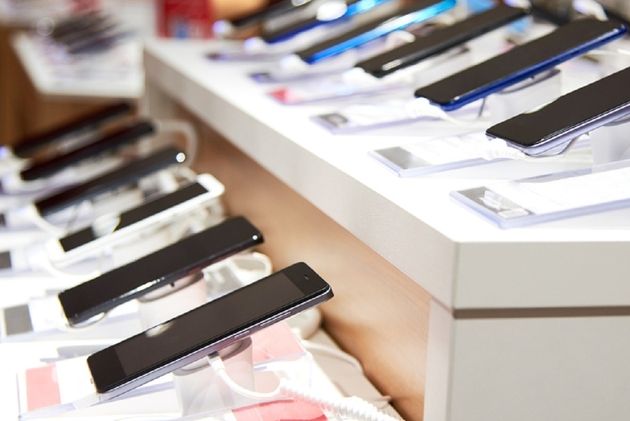Inflation: nearly one in three French people ready to change telecom operator


Inflation is weighing on households. Decreasing less quickly than expected, the increase in consumer prices should be 5% in 2023 according to Insee. In this context, individuals review their current expenses, starting with internet subscriptions and mobile phone plans. Taking advantage of a new offer often makes it possible to make substantial savings.
31% of French people are planning to change providers for their telecommunications services in the next twelve months. The proportion is approximately equal whether it is mobile or internet access. In 2022, only about 20% of them had this intention according to a study conducted every year by the Simon-Kucher consulting firm.
Failing to change operators, the inflationary context leads individuals to opt for a cheaper subscription with their current provider, to adjust the level of services or to limit consumption outside the package. It should also be noted that the importance given to telecom services has fallen sharply in one year. While mobile, internet or TELEVISION occupy an essential place in our lives, for leisure as for social and professional relationships, 40% of respondents consider it essential to have broadband access against 61% in 2022.
The operators’ puzzle
Beyond the receipt of more interesting offers, the factors that encourage the French to terminate their telecom contracts conventionally relate to their dissatisfaction with the quality of the network and customer service. The stability of the network, the proposed throughput or the ability to restore a service are among the criteria closely scrutinized.
Conversely, consumers who do not intend to leave their operator justify it very largely by their satisfaction with their provider (53%), in front of the fear of being disconnected or unreachable (2 4%) and the lack of time to find a more interesting offer (15%).
These results will certainly be studied closely by operators who are faced with a real puzzle. Faced themselves with inflation with the increase in energy costs and subcontracting or salaries, they had to increase their packages, usually from 1 to 2 euros.
From there, the operators must advance on a ridge line. To what extent can the rise in inflation be passed on without blowing up the termination rate? A goal that is also rarely achieved. According to Simon-Kucher’s study, a supplier who increases its prices by 3% only gets 1% in the end.
By deciding to freeze its tariffs until 2027, Free has made a choice that is the opposite of its competitors. A bet seems to be winning. Xavier Niel’s operator recruited 128,000 new mobile subscribers and 205,000 on optical fiber in the first half of the year.
Free may only benefit temporarily from this general rising situation. According to the barometer of the comparator Ariase, the average monthly price of a fiber subscription is 29.91 euros, up by almost 15% in a year while the average mobile subscription rate at 16.43 euros has fallen by 11.6%.
A sharp decline in average revenue per subscriber
Anyway, the ARPU (Average Revenue Per User), or the average revenue per subscriber, keeps eroding. Already very low on the French market given the competition produced by the unprecedented presence of four operators, this ARPU could still decrease by 22% between 2022 and 2026. This is bad news for operators who have to invest heavily to deploy 5G and fiber.
Digital technology also facilitates the change of operator. Post-Covid effect according to the study, four out of five consumers say they prefer to cancel their contract online via a form on the website, mobile application or email. Entered into force on September 1, the new regulatory framework further facilitates this termination which must be done in “three clicks maximum”.
During this sensitive moment in the customer relationship, Simon-Kucher advises operators to proactively propose alternative offers to retain the subscriber. As the consulting firm reminds, retaining a customer is five times cheaper than acquiring a new one. On the contrary, an existing customer would spend four times more. However, this implies putting an end to certain abusive commercial practices such as false promotions or forced subscriptions.
Another element of loyalty: the quality of customer service. The level already seems quite high with a first call resolution rate of 75% over the last twelve months. Access to human teleoperators and not to automatic machines and the responsiveness of customer service are among the other priorities put forward by consumers.








